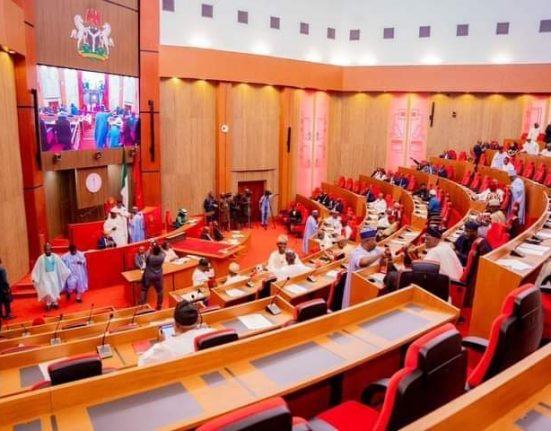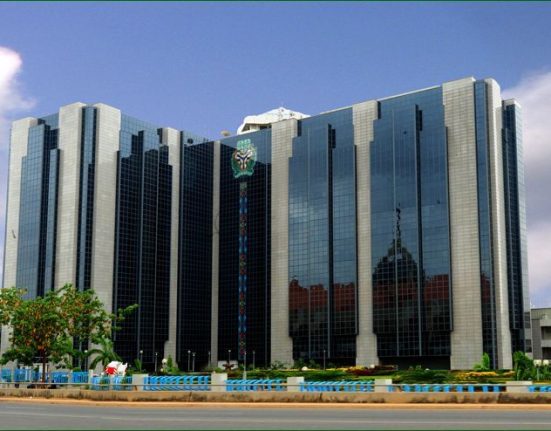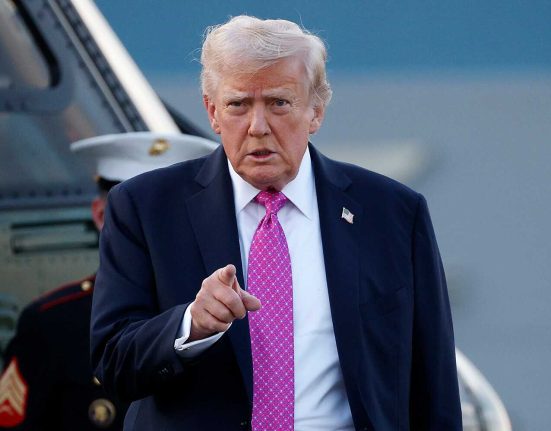The International Monetary Fund (IMF) has warned that Nigeria must urgently revise its 2025 budget to avert a looming fiscal crisis, citing risks of a significantly higher deficit than initially projected. In its latest Article IV Consultation Report, the IMF projects that Nigeria’s fiscal deficit could rise to 4.7% of its Gross Domestic Product (GDP), surpassing the government’s official target of around 4.1%. This warning comes amid falling oil prices, underwhelming oil production levels, and ongoing difficulties in executing capital projects—factors that have undermined the optimistic assumptions on which the budget was based. The Fund emphasized that unless swift policy actions are taken, Nigeria risks deeper macroeconomic instability in the months ahead.
The 2025 budget, signed into law by President Bola Tinubu, is the highest in Nigeria’s history, at ₦54.99 trillion. It was built around a crude oil benchmark of $75 per barrel and daily production of 2.06 million barrels, alongside a projected exchange rate of ₦1,400 to the dollar. However, global oil prices have declined to under $70 per barrel, and actual production continues to lag due to operational inefficiencies and insecurity in the Niger Delta. These developments have weakened Nigeria’s revenue outlook, making it unlikely that the budget’s ambitious targets will be met.
According to the IMF, failure to capture the estimated fuel subsidy savings, calculated to be around 2% of GDP, could force expenditure cuts, particularly in recurrent spending. The Fund recommended that the Nigerian government prioritize growth-enhancing investments and social safety nets, especially amid rising poverty and food insecurity. It also warned that delays in revenue reforms, including VAT and corporate tax overhauls, would limit short-term gains, necessitating greater fiscal discipline on the expenditure side.
In addition to concerns over revenue shortfalls, the IMF expressed skepticism about Nigeria’s ability to implement its large-scale capital expenditure plan. The country has historically underperformed in delivering infrastructure projects, and the Fund cautioned that execution capacity will again be a limiting factor in 2025. It urged the Nigerian government to rationalize capital expenditure, focus on high-impact investments, and strengthen public investment management systems.
On the debt front, Nigeria’s public debt rose to 53% of GDP in 2024, up from 49% in 2023, driven by a widening fiscal deficit and exchange rate depreciation. The IMF stressed the importance of exploring alternative financing options, including public-private partnerships and pre-export financing, but warned that these must be carefully managed to avoid further debt vulnerabilities.
Despite the IMF’s concerns, the Federal Government has maintained that its economic projections are realistic and necessary to support growth. Minister of Finance and Coordinating Minister of the Economy, Wale Edun, responded by reiterating the government’s commitment to fiscal stability, acknowledging the need for adjustments in light of lower oil prices. He also emphasized the administration’s intention to improve oil production, bring in fuel subsidy savings, and accelerate domestic revenue mobilization.
The World Bank has echoed the IMF’s caution, describing the 2025 budget as overly ambitious. During its recent Nigeria Development Update, the Bank warned that the government may be forced to resort to the Central Bank’s Ways and Means facility to plug budget deficits. However, Nigeria’s Minister of Budget and Economic Planning, Senator Abubakar Bagudu, rejected these claims, insisting that the budget assumptions were modest and achievable.
While Nigeria has made progress in several reform areas, including foreign exchange market stability, inflation control, and improved revenue collection, the IMF warned that the country remains vulnerable to global shocks. It concluded that sustaining economic gains will require a revised budget grounded in realistic revenue assumptions, continued macroeconomic reforms, and a deeper focus on inclusive, broad-based growth.








